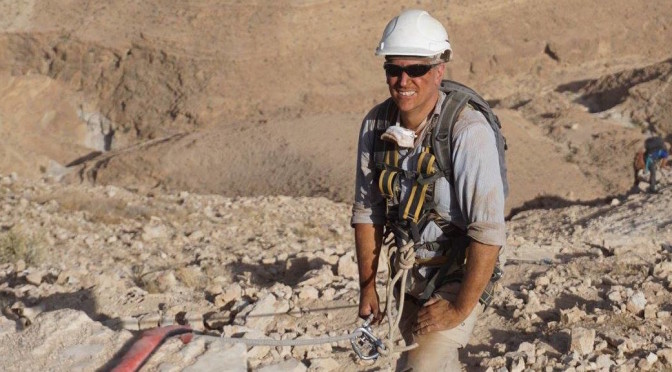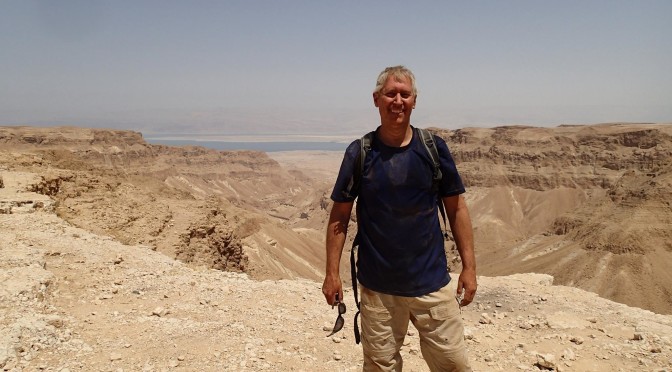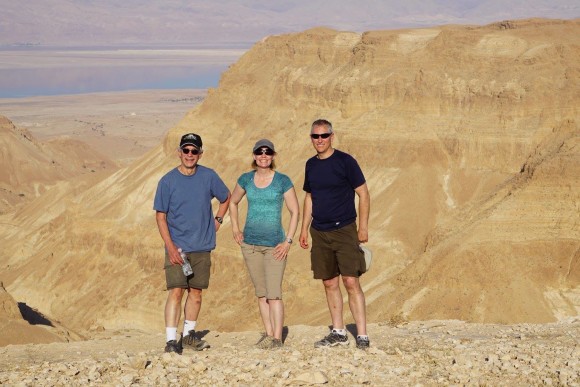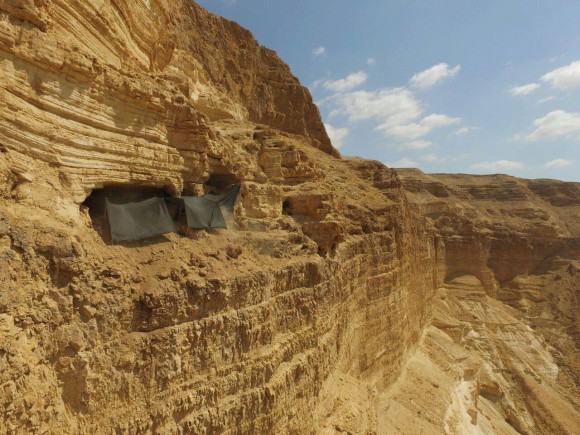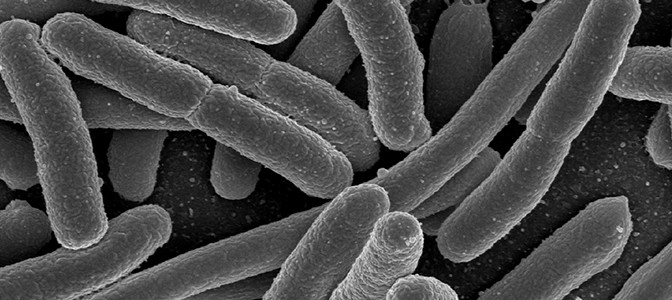By Jungwoo Ryoo
As more personal information is collected up by ever-more-powerful computers, giant sets of data – big data – have become available for not only legitimate uses but also abuses.
Big data has an enormous potential to revolutionize our lives with its predictive power. Imagine a future in which you know what your weather will be like with 95 percent accuracy 48 hours ahead of time. But due to the possibility of malicious use, there are both security and privacy threats of big data you should be concerned about, especially as you spend more time on the Internet.
What threats are emerging? How should we address these growing concerns without denying society the benefits big data can bring? Continue reading Focus on research: Big data problems threaten privacy


